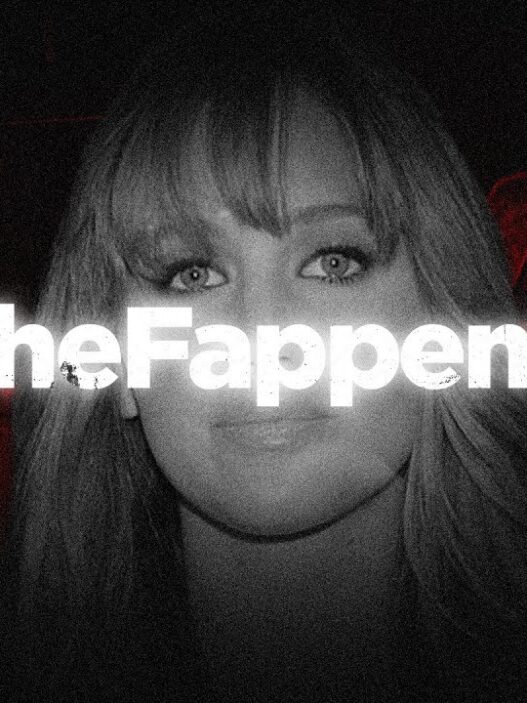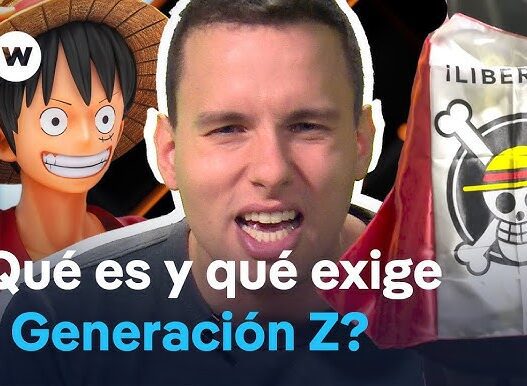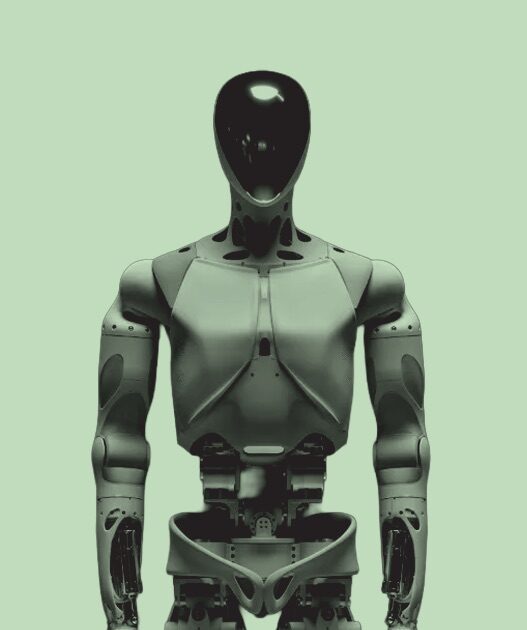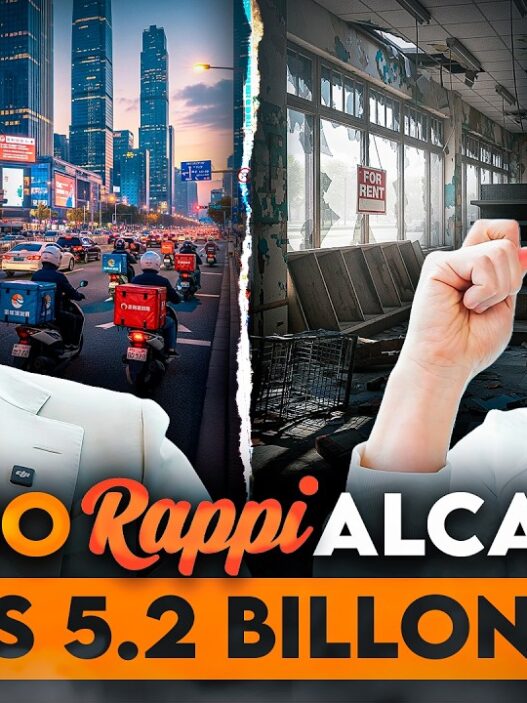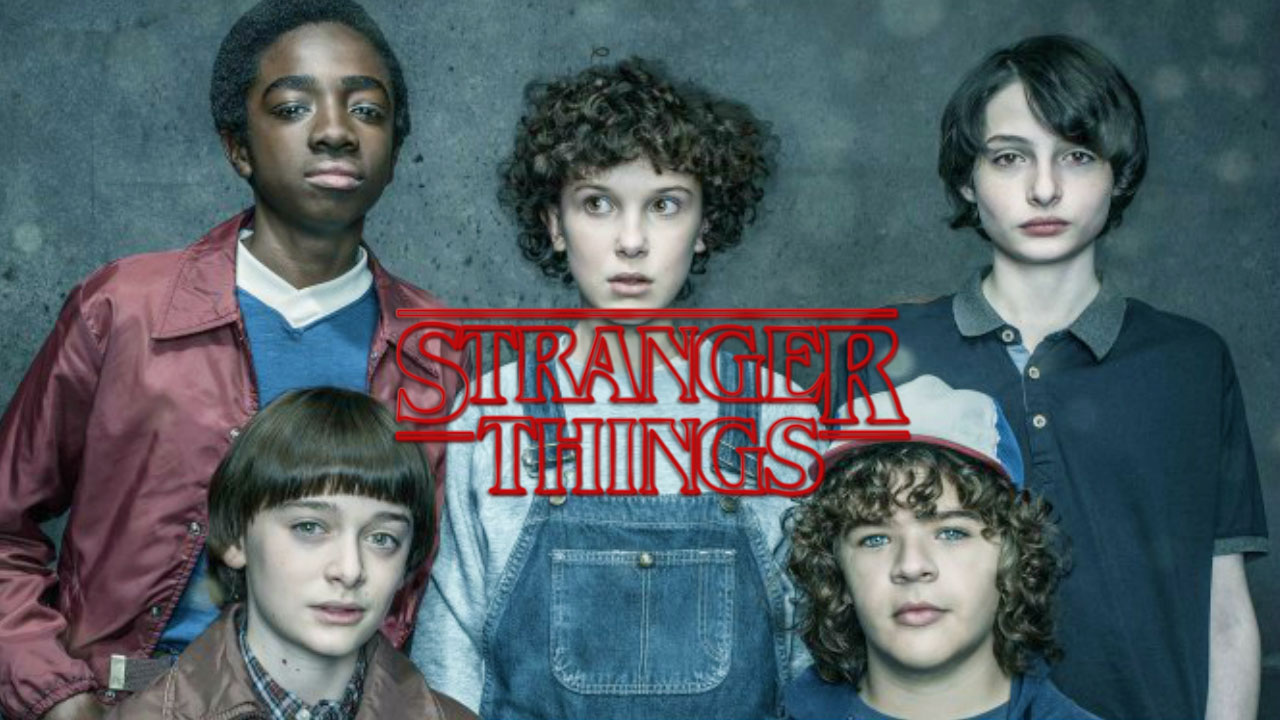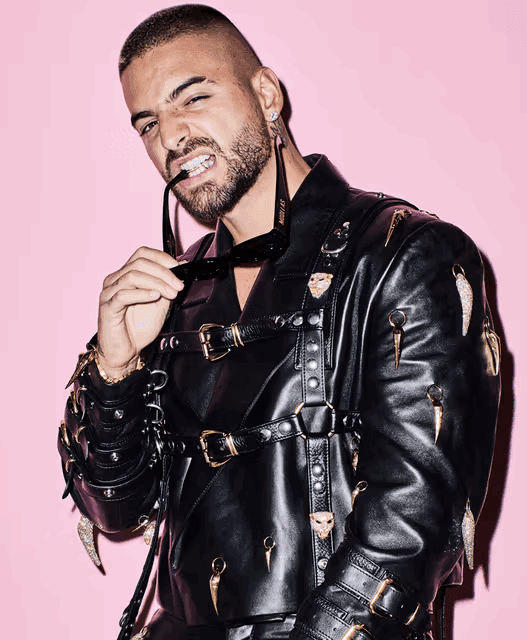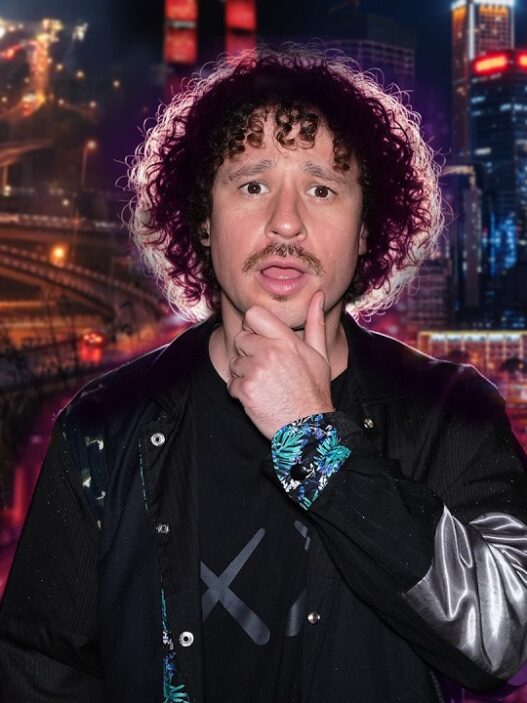The First Time I Was Called “White Trash” by Megeen Harris
The first time someone called me white trash, it wasn’t shouted across a parking lot or written in a cruel comment thread. It was said quietly — wrapped in a smile, cloaked in polite society.
It came from my ex-husband’s family.
An old-money, industrialist clan where the women looked at me as if I wore a scarlet letter — not the kind that marked adultery, but something smaller, meaner, more insidious: minker, a whispered word that meant whore without ever saying it.
The men, meanwhile, didn’t bother with subtext. They stared too long. They brushed too close. I was never “good enough” to belong, but apparently good enough to touch.
That’s how classism often works — not as outright hatred, but as humiliation disguised as hierarchy.
It was the first time I realized that you can be the same color, the same gender, the same nationality — and still be treated as if you’re from another planet. The dividing line wasn’t race or religion. It was class.
The ‘Good Family’ Myth
When men used to say they wanted to be with someone from a “good family,” I used to wonder what that really meant.
Did it mean educated? Cultured? Kind?
No. It meant wealthy. It meant connected. It meant the type of family that had summered in Nantucket since before there was an Instagram to prove it.
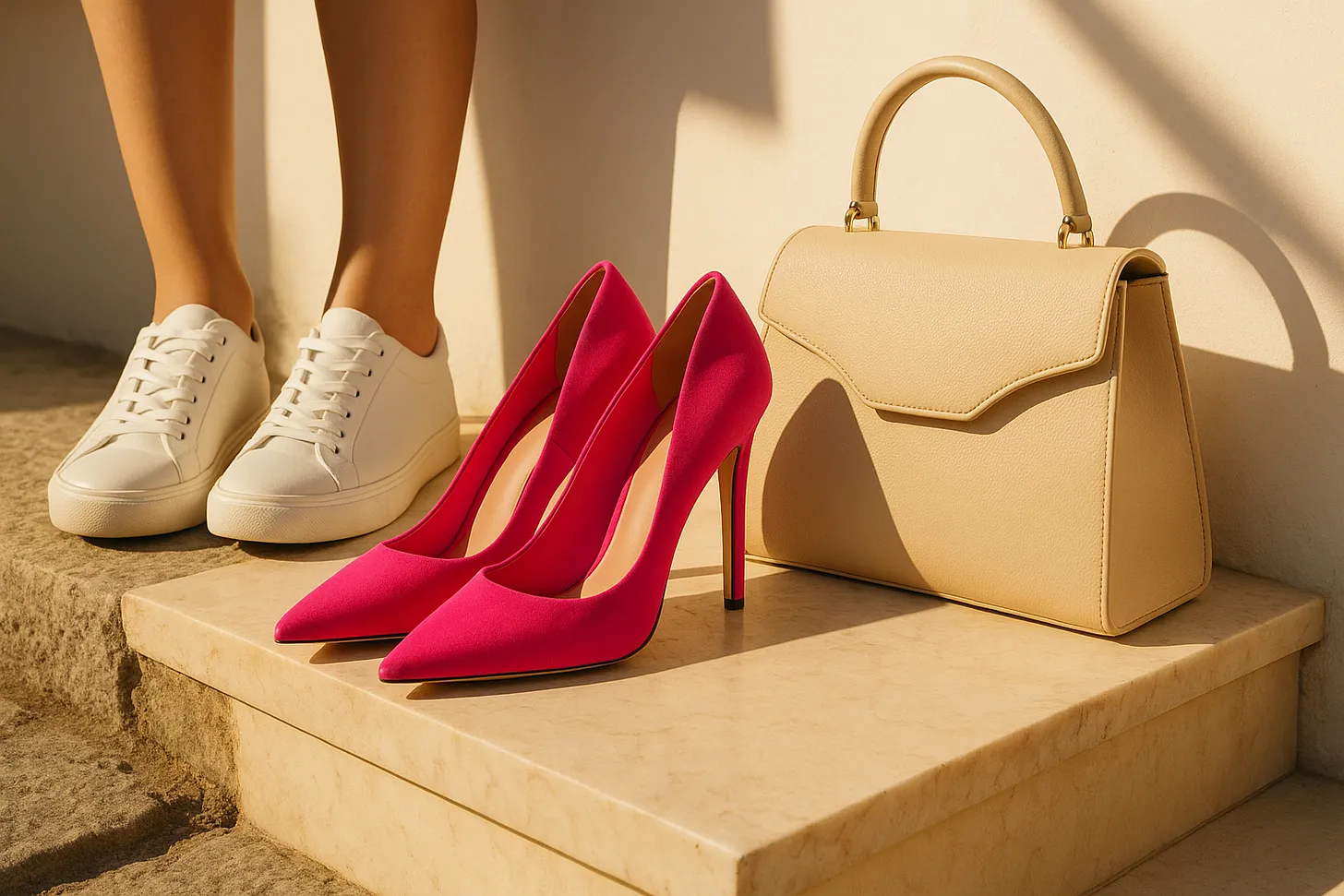

Classism dresses itself up in good manners. It hides behind words like “refined,” “elegant,” “fit,” “well-bred.” It’s the last socially acceptable prejudice — a hierarchy maintained through tone and taste instead of slurs and laws.









